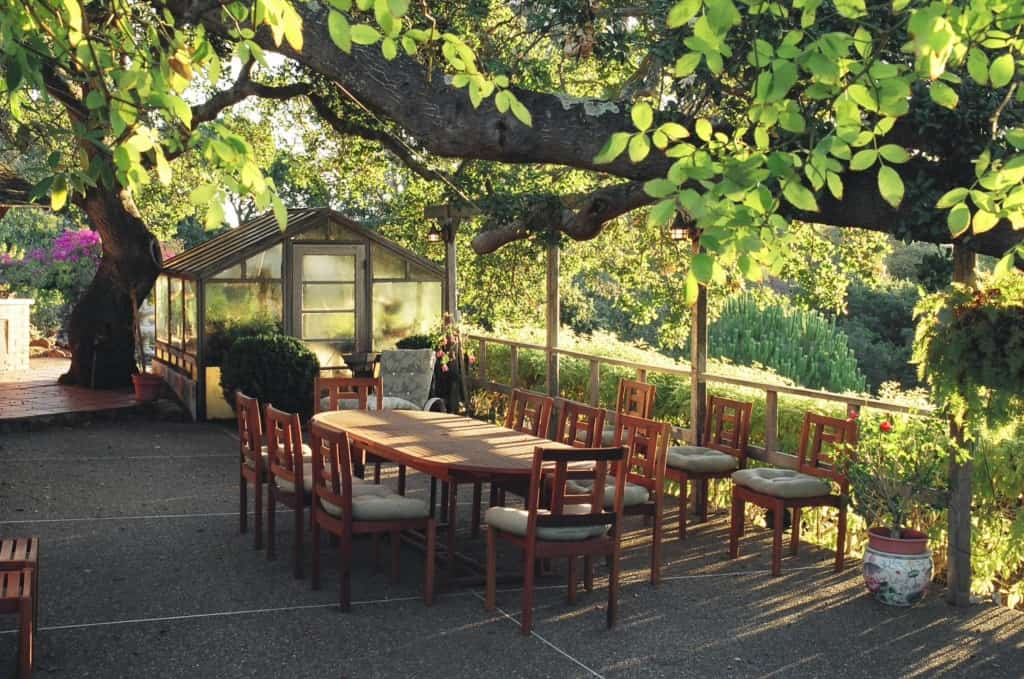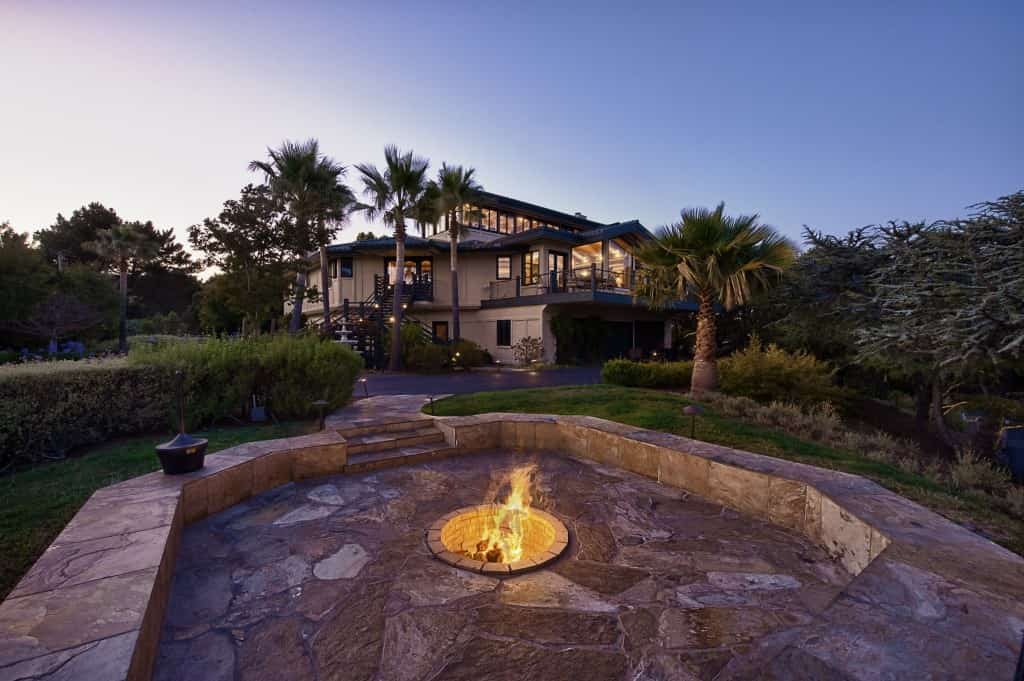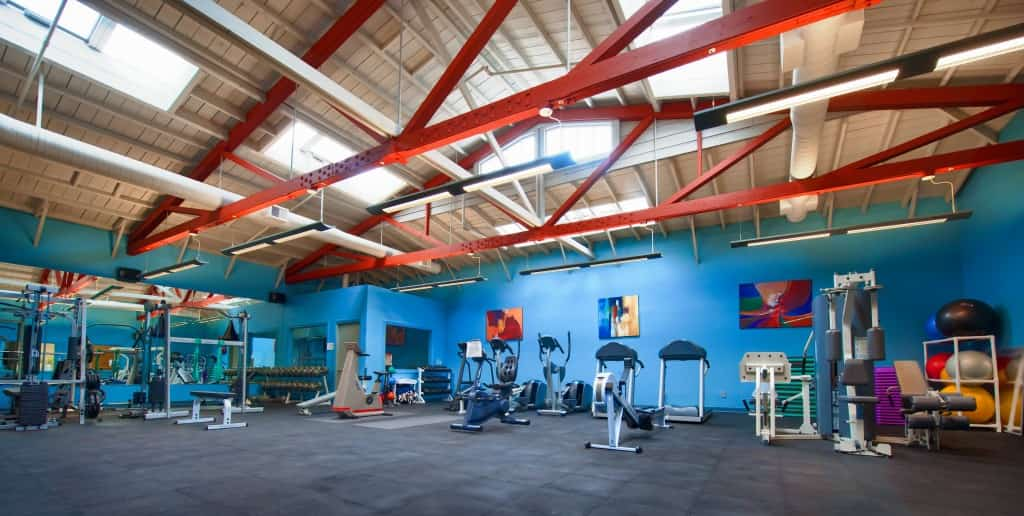Located in the serene hills of San Rafael, Bayside Marin is California’s premier rehabilitation center dedicated to the treatment of alcohol addiction. Bayside Marin blends evidence-based treatments with alternative, holistic modalities to comprehensively treat all aspects of our client’s life.
Learn More About Alcohol Addiction Treatment
Learn more about alcohol addiction treatment at Bayside Marin Treatment Center in California
Alcohol addiction is an unfortunately common form of substance abuse that can have a drastically negative impact on virtually all aspects of a person’s life. Alcohol is the most commonly abused drug in the United States, and alcohol abuse (a precursor to alcoholism) is the most common form of drug abuse among Americans.
Usually the result of a variety of genetic and environmental factors, alcoholism can be profoundly difficult to overcome without professional help. Depending upon the nature and severity of a person’s alcohol addiction, attempting to stop on one’s own can trigger painful, dangerous, and, in some cases, deadly withdrawal symptoms.
When alcohol abuse co-occurs with depression, bipolar disorder, or another mental health condition, the impact can be exponentially worse. Thankfully, Bayside Marin, which is located in California, has developed a residential treatment model that has proved to be highly effective in helping adults develop the skills and strategies that will allow them to achieve long-term recovery from alcoholism while also addressing their co-occurring disorders. At our rehab center, comprehensive treatment plans that combine both time-tested techniques and emerging therapeutic modalities address not only the debilitating symptoms of alcoholism, but also the underlying and co-occurring issues that may have led to or been exacerbated by the client’s alcohol abuse.
How to Help a Loved One
Helping a loved one get treatment for alcohol addiction
The impact of alcohol addiction is not limited to the physical and emotional damage inflicted on the individual who has the disorder. Friends, family members, and others who care about or depend upon the alcoholic can also have their lives disrupted by this disease. For those who are closest to the sufferer, the pain that they feel may be worsened by the sense that they are helpless to help a loved one in need.
The truth is that, while alcoholism cannot be cured via the efforts of well-intentioned friends or family members, you can take action that will make a positive difference in your loved one’s life:
- Learn everything you can about the disease of alcoholism. Understanding exactly what your loved one is experiencing can help you in your efforts to be a source of meaningful support. You cannot solve a puzzle if you do not have the pieces – and you cannot help an alcoholic loved one if you do not understand the fundamentals of the disease that he or she is dealing with.
- Learn about treatment options. When you educate yourself about the types of services that are available to your loved one, you’ll be much better prepared to provide meaningful, actionable solutions.
- Take care of yourself. Whether you realize it or not, your loved one’s alcoholism is affecting you, too – and you won’t be able to be a source of consistent support if you are neglecting your own physical and mental health. Groups such as Al-Anon are excellent resources for friends and family members of alcoholics.
- Resist the urge to judge. You should devote your energy and focus on getting your loved one the help that he or she needs.
- Be a consistent (and consistently positive) presence in your loved one’s life. Volunteer to help with babysitting, driving to appointments, or whatever else your loved one needs in the run-up to treatment. Stay in touch and let him or her know that you are there and you care.
- Prepare yourself for the long haul. Whatever type of treatment your loved one receives will just be one step in a long-term process of maintaining sobriety. And one of the most essential components of post-treatment success is the presence of an active support network. You do not have to be your loved one’s permanent nurse or therapist – but you will have an important role to play in his or her lifelong recovery.
Why Consider Treatment
Why consider treatment for alcohol addiction at Bayside Marin Treatment Center in California
Alcoholism is a progressive chronic disease that, if left untreated, can be fatal. Negative health effects associated with long-term alcohol abuse and alcoholism include liver damage, pancreatitis, gastrointestinal bleeding, anemia, malnutrition, and certain types of cancers. Alcoholism can also increase a person’s risk for developing depression and other mental health disorders. In addition to the physical and mental health risks associated with alcoholism, the nature of the disease can also disrupt relationships, derail academic or career progress, and lead to both financial distress and problems with the legal system. The suicide rate among alcoholics is hundreds of times greater than among the general population.
Types of Treatment
Types of alcohol addiction treatment offered at Bayside Marin Treatment Center in California
Bayside Marin provides world-class treatment for adults (ages 18 and above) who are struggling with substance abuse/addiction such as alcoholism. Bayside Marin is dedicated to providing life-changing care in an atmosphere of comfort, support, and serenity. Our science-based, research-supported treatment model features both time-tested techniques and emerging modalities, blended into comprehensive plans that are customized to meet the unique needs of each client.
When clients choose to heal at Bayside Marin, they enter into active collaboration with a team of highly skilled professionals who are dedicated to helping them identify, address, and ultimately overcome the issues that have been preventing them from living happier and healthier lives. Not content merely to alleviate symptoms, the Bayside treatment team focuses developing effective solutions for the underlying issues that have been the root cause of our clients’ distress.
For example, when a Bayside client is diagnosed with alcoholism, we will develop a holistic course of treatment that incorporates a variety of therapeutic activities that are designed to address both conditions at their fundamental levels. Recognizing that entering a residential treatment center is just one step on the path of long-term recovery, our experts ensure that clients have the skills, strategies, and support to continue their alcohol addiction recovery after they have returned home.
The following are some of the many treatment opportunities that are offered at our rehab center and may be included in a client’s alcohol abuse treatment experience at Bayside Marin. This is not intended as a comprehensive list of all services that are available here at our treatment center in California; rather, it is designed to reflect the breadth and depth of options that are available to help our clients meet their treatment goals:
Medical detoxification: Clients who have been unable to stop drinking alcohol and enroll at our detox rehab center can complete a safe medical detox on our California campus. Medical detoxification services at Bayside Marin begin with a consultation and complete assessment, conducted by either a board-certified medical doctor or nurse practitioner. During alcohol detox, clients may be prescribed medication as deemed appropriate to make the process as safe and painless as possible. Round-the-clock supervision and monitoring are provided by experienced professionals throughout the entire detox process.
Medication management: Medication management is designed to help clients who are dealing with alcoholism and co-occurring conditions is available when determined to be medically necessary. Mental health clients at Bayside Marin have regular meetings with a psychiatrist, and have access to nurses at all times to meet any medication-related needs.
Individual therapy: Individual therapy is one of the fundamental treatment experiences at Bayside Marin’s rehab center. All clients meet with their therapist for one-on-one sessions two times each week, with additional sessions available as needed. During individual therapy sessions, clients have the opportunity to evaluate their progress, identify any issues or concerns they have about their alcohol addiction treatment, and receive guidance on how best to address personal obstacles or complications that are preventing them from meeting their treatment goals.
Couples and family therapy: Couples therapy and family therapy are forms of group therapy that are available to clients on an as-needed basis at our treatment center. All Bayside clients work closely with a primary therapist, who will determine the need for couples or family sessions and who can schedule these sessions. Because we understand the impact that alcoholism and co-occurring conditions can have on families and other close interpersonal relationships, Bayside places a premium on providing services that can help heal this damage.
Family program: In addition to providing family therapy sessions as needed, Bayside has also developed a highly effective family program to help spouses, parents, and others address their own needs and prepare themselves to be sources of ongoing support as their loved one pursues long-term recovery. The Bayside family program is a two-day psychoeducational workshop that is offered twice each month. The family program helps loved ones understand the disease of addiction and recognize how they have been affected by their family member’s disorder, then helps them to develop skills and strategies to address both their personal issues as well as their family member’s struggles. In addition to the education offered during family program weekends, the experience is also an invaluable tool for breaking through the isolation that can often accompany addiction and bonding with others who are having similar struggles within their own families.
Group therapy: Group therapy is another core component of alcohol abuse treatment at our rehab center in California. Bayside clients participate in several forms of group therapy on a daily basis, which allows them to reap the many benefits of this type of therapy while also learning a great deal about issues and topics that are important to the healing process. Group therapy participants have the opportunity both to receive and provide support, as well as learn from the experiences of others while also sharing insights that they have developed. Group therapy sessions at Bayside Marin will focus on a variety of topics, including self-help techniques, education about the disease of addiction, relapse prevention tips, treatment planning, continuing care planning, and family support.
Experiential therapy: In contrast to traditional individual and group therapy sessions, which usually focus on discussion, experiential therapy is a more active experience. For example, art therapy and therapeutic gardening allow clients to express themselves and address alcohol addiction issues via more creative endeavors, while massage therapy, acupuncture, and meditation are designed to promote mindfulness and the mind-body connection. At Bayside Marin, yoga and Qi Gong are available every day, while other forms of experiential therapy are usually offered on a weekly basis.
Continuing Care
Continuing care and levels of treatment for alcohol addiction
At Bayside Marin, planning for clients’ lives after they complete residential rehab starts on the day they arrive. Because most of the issues and disorders that our clients are dealing with necessitate long-term or lifelong recovery efforts, it is essential that we develop treatment plans with an eye toward how best to maintain and enhance their residential progress when our clients return home.
Bayside clients meet with continuing care coordinators within their first week of rehab, and touch base with them on a regular basis throughout their time with us. By the time they have completed the residential rehab phase of their treatment, all Bayside clients will have comprehensive continuing care plans in place. Depending upon the unique needs of the client, these plans may include referrals to community based resources, appointments with counselors or therapists, participation in local support groups, and other such details. The goal for this intensive planning is to make the transition from residential care to post-residential recovery as seamless and successful as possible.
But the continuing care support provided by Bayside Marin in California does not end with the development of this plan. For 12 months after their discharge, Bayside clients receive recovery monitoring, life coaching services, and other forms of support to help them build a solid foundation for lifelong recovery. All services during the 12 months of continuing care support are determined and provided on a case-by-case basis, and are customized to reflect the unique strengths and needs of each client.
When clients who have completed treatment feel that they need some additional support in their rehab recovery, our Recovery and Renewal program allows them to return to our program for a day or two. By participating in the therapeutic milieu and connecting with others in the Bayside recovery family, program alumni can get the essential boost that they need to stay strong in their recovery.
When clients choose Bayside Marin, they do not just enter a treatment and rehab program – they join a healing community that is dedicated to helping them achieve long-term recovery. Residential clients, program alumni, and family members both benefit from and contribute to this vibrant and dynamic community, which extends far beyond the borders of our California-campus and which offers a lifelong source of life-affirming support.









